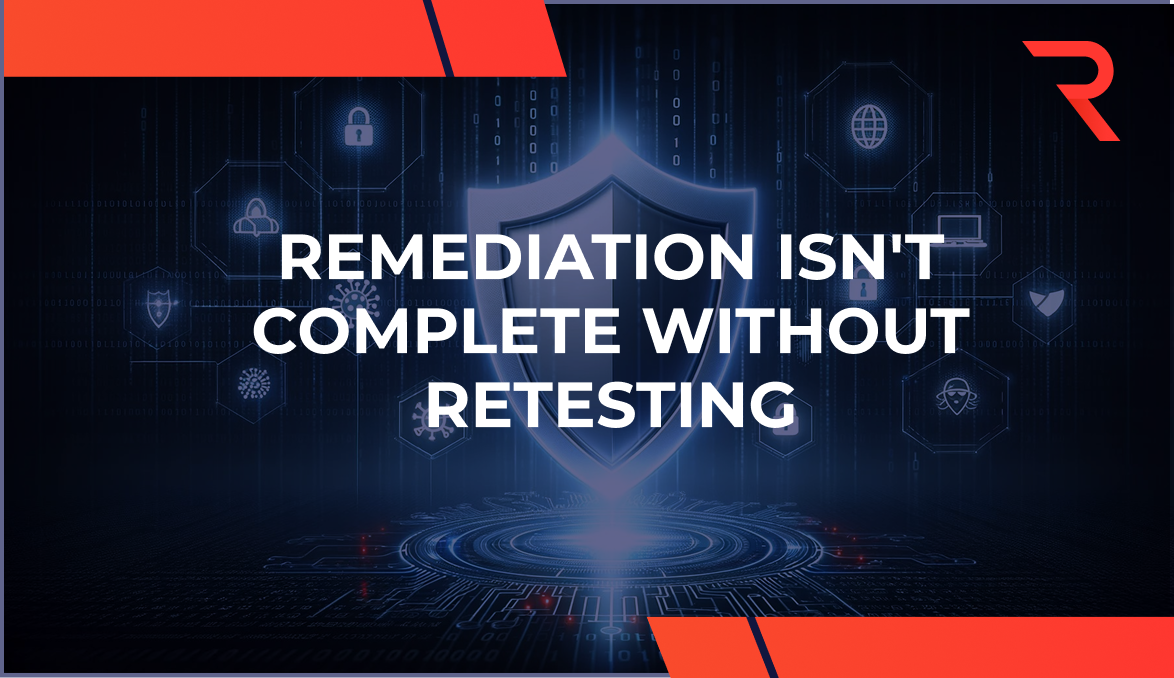6 min read
By: Max Kurinsky
Everyday more and more reports come out of people’s sensitive information being compromised due to a hack. In a world dominated by technology you would be hard pressed to find someone who doesn’t use the internet at-least once a day; however, the amount of people who truly understand the dangers of the internet is much lower. This combination of more recurrent hacks and a misinformed population spells disaster if people are not properly educated on how to approach the internet.
It is no longer viable advice to tell children not to give out their personal information on the internet. With the growth of social media, it should just be assumed that your personal data is out there. This mindset allows focus on preventing sensitive data such as credit card numbers and social security number from getting out into the wild. The only way to truly remain safe is to remain vigilant at all time when entering sensitive information on the internet.
No matter what site it appears you are entering sensitive information in, it is critical to double check. Amazon.com and Amaz0n.com might look similar, but putting your credit card in one will result in your account being stolen while in the other your 6 pack of bootleg iPhone chargers gets delivered in 3-5 business days. This example might seem extreme but it is based on truth. Even the first page of results from google can contain malicious sites that want to steal your data. In fact, even reputable web pages can have unsafe advertisements appear on them. Ad companies purchase space on the website under the guise of selling a product but then change the ad midway through to something dangerous to click.
To some this may seem like common sense, yet to others is seems insane a company would try to trick someone in such a way. The only way to fix these differences in mindset is through education. Children grow up surrounded by technology and are taught how to use it by people who were not. The blind are blindfolding the youth in order to lead them blindly into danger. Once departed down this path it is hard to turn around. For this reason, from the moment students enter school and begin using technology they must also be taught how to safely use such technology. Alongside spelling and math tests should be tests to check for technological literacy. It’s one to thing to know how to spell the words, but a whole other ballgame to properly format them in a word processor. Instilling a confidence in technology from a young age allows people to trust their gut when something seems off with a website in the future.
The education of the masses regarding cybersecurity and technology in general will result in a safer online experience for all.





